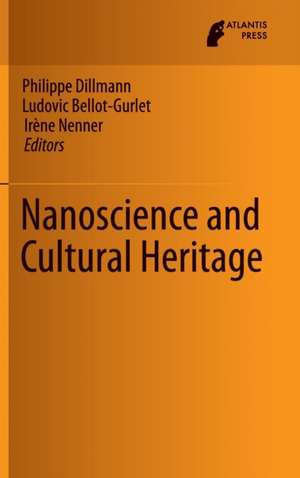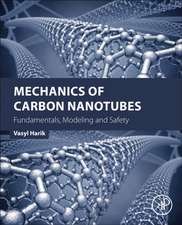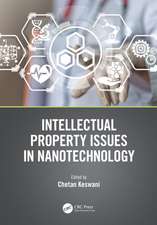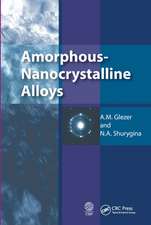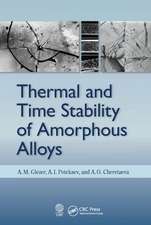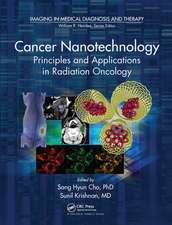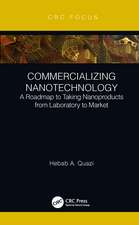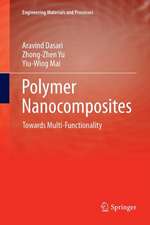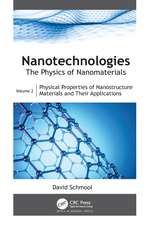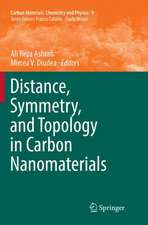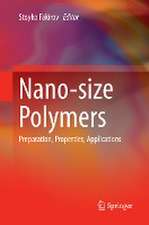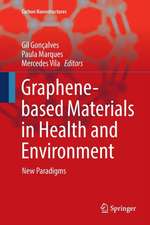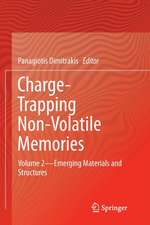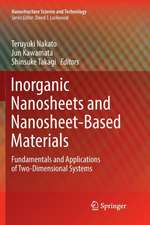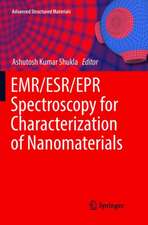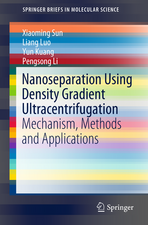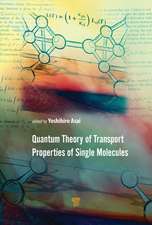Nanoscience and Cultural Heritage
Editat de Philippe Dillmann, Ludovic Bellot-Gurlet, Irène Nenneren Limba Engleză Hardback – iun 2016
Preț: 648.24 lei
Preț vechi: 762.64 lei
-15% Nou
Puncte Express: 972
Preț estimativ în valută:
124.08€ • 134.82$ • 104.29£
124.08€ • 134.82$ • 104.29£
Carte tipărită la comandă
Livrare economică 21 aprilie-05 mai
Preluare comenzi: 021 569.72.76
Specificații
ISBN-13: 9789462391970
ISBN-10: 9462391971
Pagini: 313
Ilustrații: XVI, 311 p. 128 illus., 85 illus. in color.
Dimensiuni: 155 x 235 x 19 mm
Greutate: 0.64 kg
Ediția:1st ed. 2016
Editura: ATLANTIS PRESS
Colecția Atlantis Press
Locul publicării:Paris, Netherlands
ISBN-10: 9462391971
Pagini: 313
Ilustrații: XVI, 311 p. 128 illus., 85 illus. in color.
Dimensiuni: 155 x 235 x 19 mm
Greutate: 0.64 kg
Ediția:1st ed. 2016
Editura: ATLANTIS PRESS
Colecția Atlantis Press
Locul publicării:Paris, Netherlands
Cuprins
Lustre and nanostructures - ancient technologies revisited.- Nano-crystallization in decorative layers of Greek and Roman ceramics.- Natural nanosized raw materials and Sol-Gel technology: the base of pottery since millenniums.- Informative potential of multiscale observations in archaeological biominerals down to nanoscale.- The science behind the daguerreotype: Nanometer and sub-micrometer realities on and beneath the surface.- Surface-enhanced Raman spectroscopy: using nanoparticles to detect trace amounts of colorants in works of art.- Nanoscale aspects of corrosion on cultural heritage metals.
Notă biografică
Dillmann
LAPA/NIMBE
CEA Saclay
Gif sur Yvette Cedex
France
Textul de pe ultima copertă
This book aims to give state of the art in several domains of cultural heritage in which Nanosciences allow fundamental breakthrough. The first part of the book concerns nanostructured materials in ancient artifacts. Understanding their nature and formation processes bring new insight in the apprehension of technical level of ancient societies but can also inspire the design of new materials. The second part is dedicated to the understanding of materials. This crucial issue in material science today, for cultural heritage, needs to perform specific characterization techniques and technologies, but also to create tailored analytical strategies. Part three presents new methods, processes and materials at nano levels that can bring innovative solutions to conservation and restoration issues, linked with the understanding of the alteration processes involved at different scales.
Caracteristici
For the first time a book will present all the different aspects linked to heritage and nanomaterials and not only a singular aspect (eg conservation…) The writing scientific level will be “American Scientific” style, allowing non-expert readers to have a quick and precise idea of the context and issues This review, made by top level international researcher in the field will be a milestone for this new raising subject, even for specialists Includes supplementary material: sn.pub/extras
